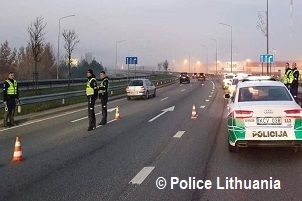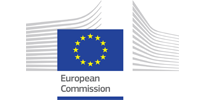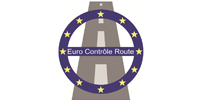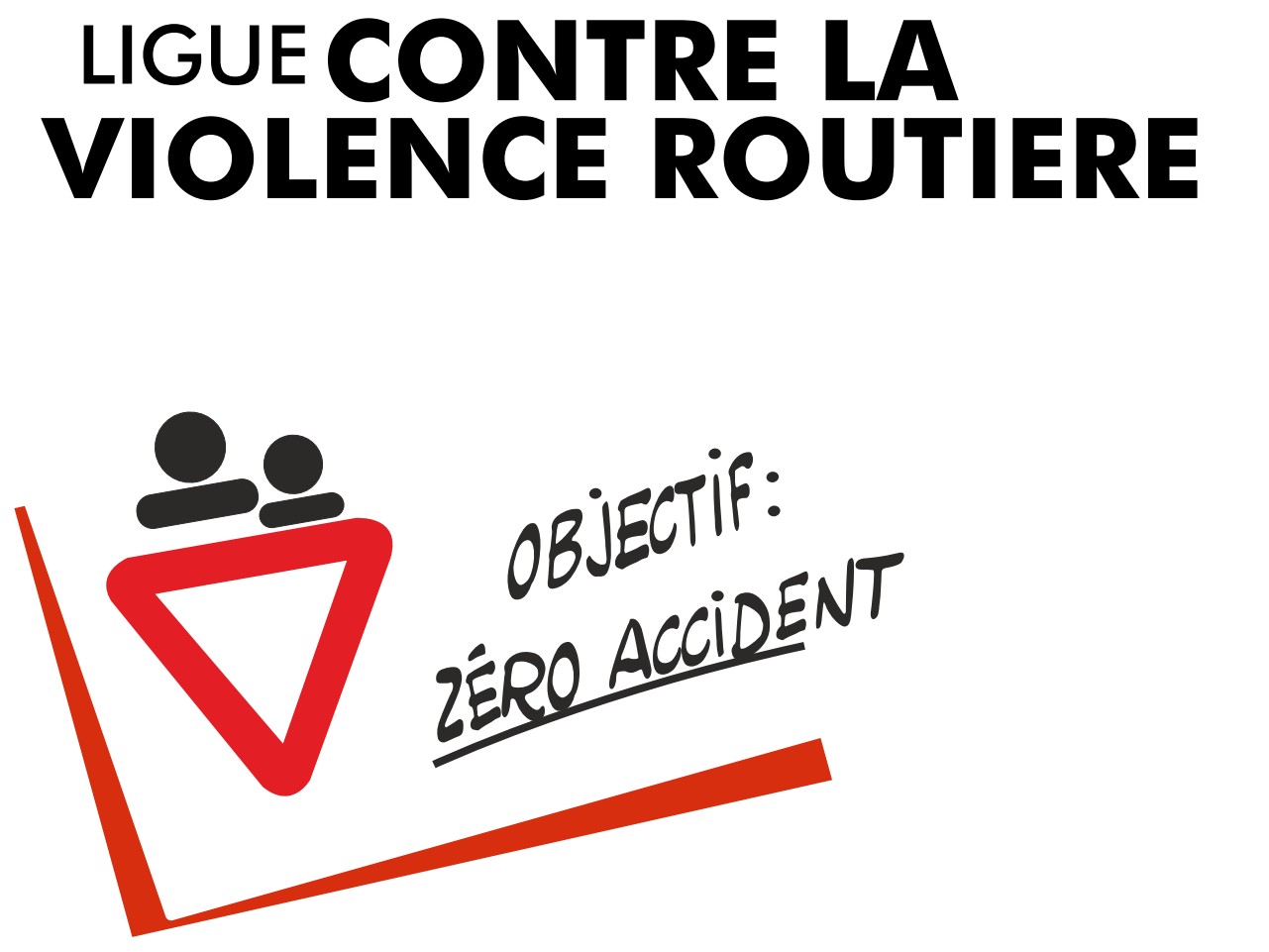ROADPOL Urging EU To
Unlock Smart Cars Data
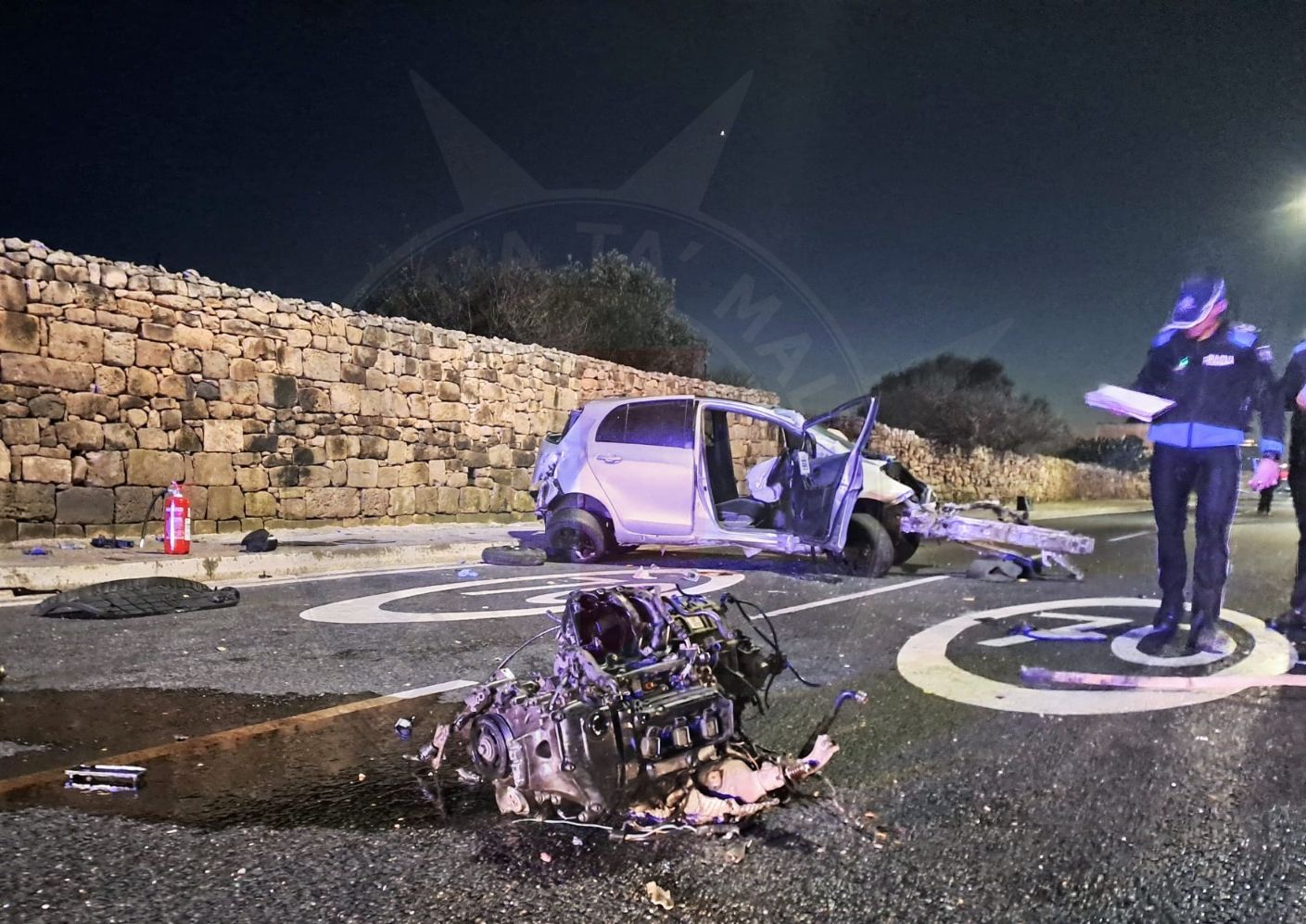 Sound police investigation is key to victims and relatives pursuit of legal justice. PHOTO: THE MALTA POLICE FORCE22 FEB - ROADPOL is actively urging Brussels to amend proposed relevant EU legislature in order to give police access to in-vehicle data of automated cars, which are expected to expand their share in road traffic of the future.
Sound police investigation is key to victims and relatives pursuit of legal justice. PHOTO: THE MALTA POLICE FORCE22 FEB - ROADPOL is actively urging Brussels to amend proposed relevant EU legislature in order to give police access to in-vehicle data of automated cars, which are expected to expand their share in road traffic of the future.
The European Roads Policing Network has been warily monitoring the development of the new EU Data Act, designed to regulate the digital transformation and advancement of the union and its member states. ROADPOL insists that the act be amended so that digital data from vehicles is accessible to police for the sake of effective road crash investigation.
Investigation
„In all European countries, police is expected to secure evidence for criminal and civil proceedings in the event of a crash. This is primarily in the interest of those involved in it. The objective truth of all the circumstances should be clearly and unambiguously uncovered for this is crucial for victims and relatives to force their claims and seek legal justice. Evidence-based investigations are also important for successful traffic accident prevention through sound crash statistics and crash research“, explains ROADPOL Executive Committee member and former president Volker Orben of the Ministry of Interior of the German state of Rhineland-Palatinate.
Necessity
„Connected vehicles are already on the road and, in the future, there will be more and more automated vehicles. In the event of traffic accidents, the police in all countries must be able to easily access in-vehicle data after a crash. And not only for the future. We need this now as even today there are already crashes which can not be fully resolved without reading the data memory. For example - crashes which drivers claim were caused by driver assistance system malfunction“, Orben extended.
 Volker OrbenChanges
Volker OrbenChanges
The future EU Data Act will determine which actors will have access to the generated in-vehicle data. The Act is currently undergoing the consultation procedure in the EU member states and may come into force before the end of the year. “In the current version of the Data Act, access to data for law enforcement purposes is still excluded in section 16 (2) and this should be changed so that effective road crash investigation is secured”, urges Orben.
Access
At present vehicle manufacturers have exclusive access to in-vehicle data and police can only rely on their voluntary cooperation. Another course is by demand of public prosecutor's office or court. „But there should be regulated procedure through a central, independent body to assist the investigating authorities. Some ROADPOL member states report they have concerns as to whether the data provided by vehicle manufacturers are the original data generated by the vehicle. After all, vehicle malfunctions are common cause of crashes so it is only logical to expect manufacturers to not be eager to cooperate in investigations which may lead to disclosing such facts. This is why in-vehicle data should be stored directly with an independent body“, Orben appeals. He overrules any privacy concerns stating that necessary data for investigation represents as little as 5 seconds before and 350 milliseconds after the event for a sufficient crash reconstruction. „So there is no question of Big Brother secretly and arbitrarily monitoring all citizens“, Orben says.
Push
ROADPOL is calling upon all its members to actively engage with relevant national and EU authorities and push for ROADPOL's recommendations on EU Data Act amendments:
1. Section 16(2) EU Data Act access to data for traffic violation must be included;
2. Mandatory Event Data Recorder (EDR) must be allowed to store place and date of crashes, therefore Section 6(4) General Safety Regulation (GSR) must be amended.
The recommendations have already been addressed to German Government Federal Ministry for Transport and to European Commission (EC) / European Parliament (EP).


